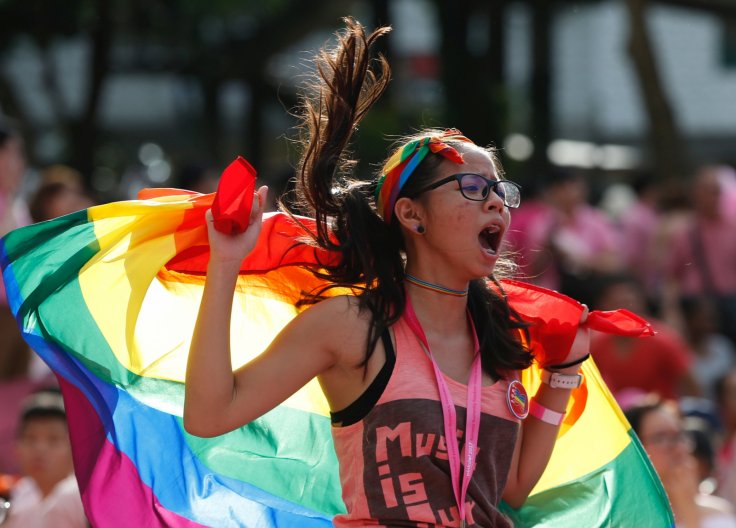
While the Supreme Court of India on Thursday, September 6 decriminalised consensual sex between adults regardless of their gender and partially scrapped Section 377 of the Penal Code, now a veteran Singapore diplomat and international lawyer Tommy Koh has called on the gay community to challenge the similar law of the south-east Asian country.
On Thursday, Koh made these comments on Facebook in a response to a post made by National University of Singapore law dean Simon Chesterman on India's historic judgement. His comments attracted many supporters, including some senior government officials.
Prof Koh wrote, "I would encourage our gay community to bring a class action to challenge the constitutionality of Section 377A."
When a Facebook user wrote about the previous challenges in 2014 that were rejected by the highest court of the land, Prof Koh, who is also Ambassador-at-Large at Singapore's Ministry of Foreign Affairs said, "Try again."
Section 377A of the Penal Code of Singapore criminalises sexual behaviour between consenting adult males, even in private but it doesn't apply to homosexual acts between women. The law states that "Any male person who, in public or private, commits, or abets the commission of, or procures or attempts to procure the commission by any male person of, any act of gross indecency with another male person, shall be punished with imprisonment for a term which may extend to 2 years."
Four-years-ago two appeals challenged this law but in the joint judgement, Singapore Court of Appeal upheld the constitutionality of Section 377A on a narrow interpretation that the constitution only prohibits discrimination on the grounds of religion, race, descent or place of birth and not the sexual orientation and gender identity.
Home Affairs and Law Minister K. Shanmugam told reporters on Friday, September 7 that majority of Singapore residents are against of any change to the law but that "a growing minority, want it (377A) to be repealed".
He repeated previous remarks by Prime Minister Lee Hsien Loong during a two-day Parliamentary debate over Section 377A in 2007. PM Lee said that Singapore was still a conservative society and because of that such issues cannot be forced upon them, as it could affect the society.
During a BBC interview in 2017, PM Lee said most of the citizen would want to keep the statute and that Singapore society "is not that liberal on these matters".
While talking to the media Shanmugam told about former late PM of Singapore, Lee Kuan Yew, who was sympathetic and expressed his understanding of the homosexual community. He also said that the majority oppose changes in 377A and they don't want it to be removed.
He added, "A minority, but I have to say a growing minority, want it to be repealed. The government is in the middle. It would be wrong for me to impose my personal views on society or as a policymaker. So I think, really, society has got to decide which direction it wants to go, and the laws will have to keep pace with changes in society and how society sees these issues."
As per a spokesperson from LGBT rights group PinkDot, it was told in its last constitutional challenge that this British colonial-era legislation was up to parliament, not the courts. He also added, "We hope that parliament will consider the decriminalization of S377A...We are ready to keep up with India."









